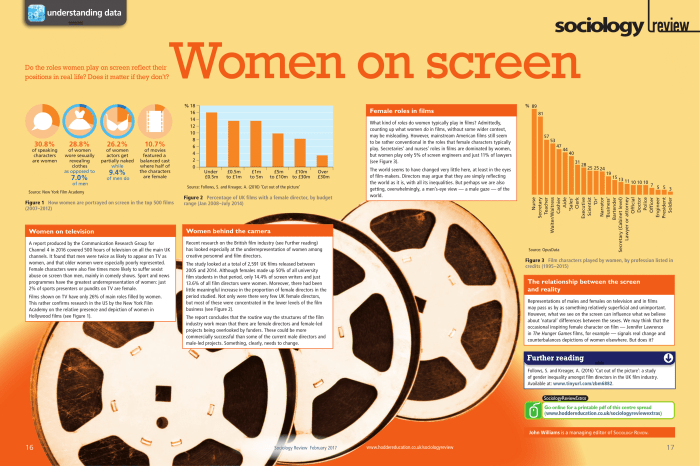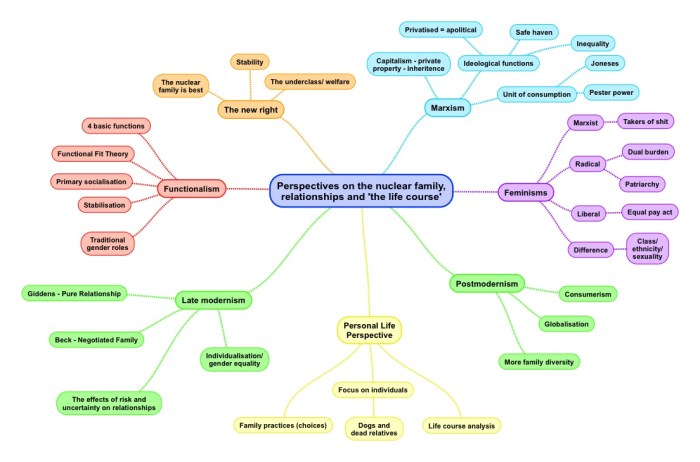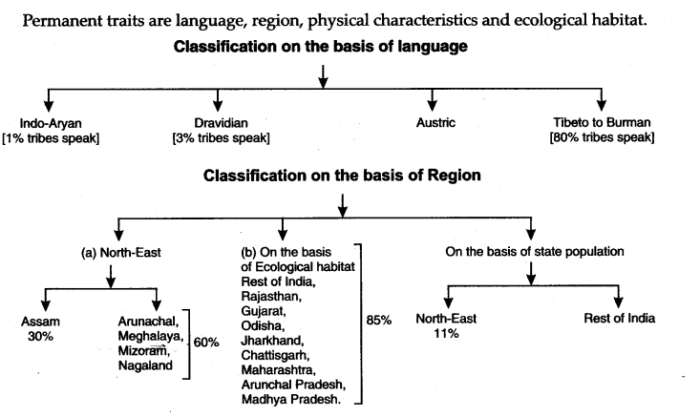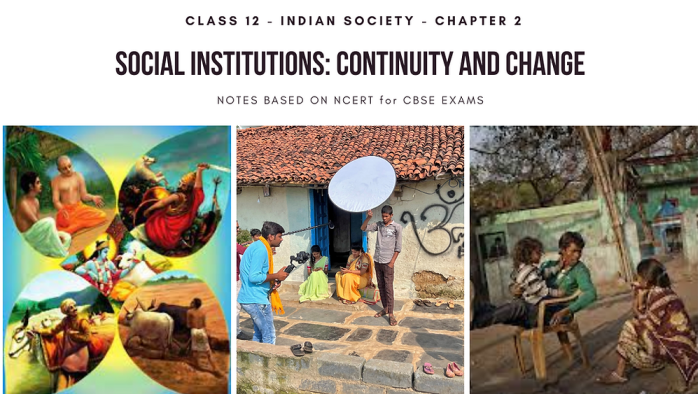Sociology of families change continuity and diversity – The sociology of families explores the multifaceted nature of family structures, dynamics, and diversity. This field of study examines how families have evolved historically, the factors contributing to their diversity, and the impact of social and economic changes on family relationships.
It also delves into the concept of family diversity, its implications for research and policy, and the role of government policies in shaping family structures and dynamics.
1. Family Structures and Changes

The traditional family structure, consisting of a married couple and their biological children, has undergone significant changes in recent decades. Factors such as increased life expectancy, declining fertility rates, and the rise of cohabitation have contributed to a wider range of family forms.
Examples of non-traditional family structures include single-parent households, blended families, and same-sex couples with children. These diverse family forms have implications for social policies, such as marriage laws and child welfare.
Historical Evolution of Family Structures
- Extended family structures were common in pre-industrial societies.
- The nuclear family emerged as the dominant form in the 19th century.
- In the 20th century, divorce and remarriage rates increased, leading to more complex family structures.
Factors Contributing to Family Diversity
- Increased life expectancy
- Declining fertility rates
- Rise of cohabitation
- Social and economic changes
Non-Traditional Family Structures and Their Impact
- Single-parent households: Often face economic challenges and stigma.
- Blended families: Can present unique challenges in terms of step-parent relationships and sibling dynamics.
- Same-sex couples with children: Face legal and social barriers, but also experience the joys and challenges of parenting.
- Increased female labor force participation
- Declining fertility rates
- Rise of cohabitation
- Increased longevity
- Economic pressures can strain family relationships.
- Social support from family can buffer the effects of stress.
- Government policies, such as paid parental leave, can support families.
- Balancing work and family responsibilities
- Caring for aging parents
- Supporting children with special needs
- Adapting to technological advancements
- Families can be diverse in terms of race, ethnicity, religion, sexual orientation, and other characteristics.
- Diversity can shape family experiences and outcomes.
- Researchers and policymakers must consider diversity when studying and supporting families.
- Race and ethnicity
- Religion
- Sexual orientation
- Socioeconomic status
- Culture
- Different cultural norms and values can influence family relationships.
- Families from marginalized groups may face discrimination and other challenges.
- Diversity can also be a source of strength and resilience for families.
- Policies can affect family formation, stability, and well-being.
- Policies should be designed to support families and promote their well-being.
- Government policies must consider the diversity of families.
- Marriage equality: Legal recognition of same-sex marriage has been a subject of debate.
- Paid parental leave: Policies that provide paid time off for new parents have been gaining support.
- Child welfare policies: Policies aimed at protecting children from abuse and neglect are essential.
- Policies should be evaluated based on their effectiveness in supporting families.
- Research is needed to determine the impact of different policies on family outcomes.
- Policies should be adapted and improved based on evidence.
2. Continuity and Change in Family Dynamics

While family structures have evolved, certain aspects of family dynamics have remained relatively stable. For example, the importance of family relationships for individuals’ well-being remains strong.
However, social and economic changes have also impacted family dynamics. For instance, increased female labor force participation has led to a shift in gender roles within families.
Ways in Which Family Dynamics Have Changed
Impact of Social and Economic Factors, Sociology of families change continuity and diversity
Challenges and Opportunities Facing Families in the 21st Century
3. Diversity within Families

Families vary greatly in terms of their composition, beliefs, and experiences. This diversity has implications for research and policy, as it requires a nuanced understanding of the needs and challenges of different families.
Concept of Family Diversity
Dimensions of Family Diversity
Ways in Which Diversity Can Shape Family Experiences
4. Family Policy and Social Change

Government policies play a significant role in shaping family structures and dynamics. Policies such as marriage laws, child welfare programs, and paid parental leave can support or hinder families.
Role of Government Policies
Debates Surrounding Family Policy
Effectiveness of Family Policies
FAQs: Sociology Of Families Change Continuity And Diversity
What is the sociology of families?
The sociology of families is the study of family structures, dynamics, and diversity. It examines how families have evolved historically, the factors contributing to their diversity, and the impact of social and economic changes on family relationships.
What are some examples of non-traditional family structures?
Non-traditional family structures include single-parent families, blended families, same-sex couples with children, and extended families living together.
How has the concept of family diversity changed over time?
The concept of family diversity has expanded over time to include a wider range of family forms, including families of different races, ethnicities, religions, and sexual orientations.